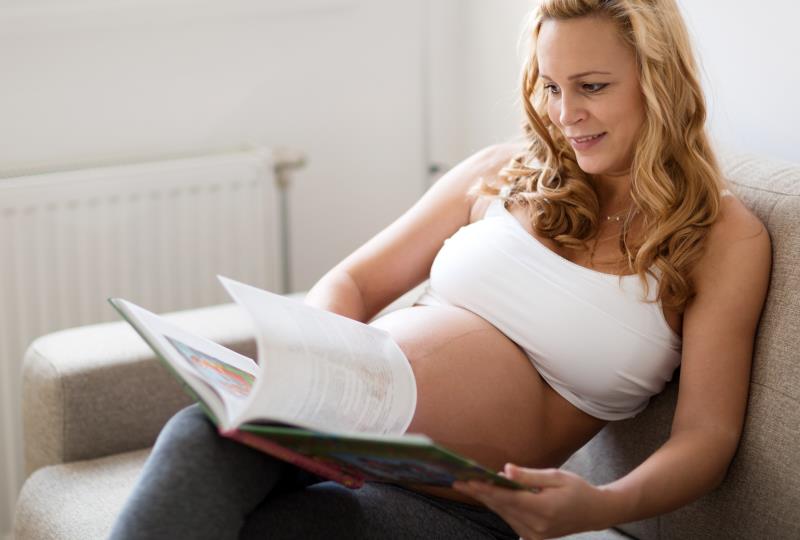
Pregnant women with inadequate knowledge on health are more likely to have undesirable maternal outcomes during delivery and adverse outcomes in their offspring than those who were well informed, according to a large cohort study presented at SMFM 2020 Annual Pregnancy Meeting.
Compared with women who were adequately informed on health knowledge, women with inadequate health literacy were 17 percent more likely to have caesarean delivery (adjusted odds ratio [aOR], 1.17, 95 percent confidence interval [CI], 1.01–1.36) and major perineal laceration (aOR, 1.49, 95 percent CI, 1.02–2.16). [SMFM 2020, abstract 8]
Furthermore, adverse neonatal outcomes such as infants born small for gestational age (rates, 15.8 percent vs 9.6 percent; aOR, 1.40, 95 percent CI, 1.16–1.70) or with low birth weight of <2.5 kg (9.3 percent vs 5.9 percent; aOR, 1.37, 95 percent CI, 1.09–1.73) were more common among women with inadequate health literacy vs those who were well informed.
Also, more infants born to mothers with inadequate health literacy had poorer health, as indicated by a 5-minute Apgar score of <4, than those born to mothers with adequate health knowledge (0.7 percent vs 0.31 percent; aOR, 2.82, 95 percent CI, 1.17–6.80).
“[Our work suggests that] inadequate health literacy is an independent risk factor for adverse maternal and neonatal outcomes and should be considered a social determinant of perinatal health,” said lead author Dr Lynn Yee from Northwestern University Feinberg School of Medicine in Chicago, Illinois, US.
The prospective, large cohort study included 9,341 nulliparous women receiving obstetric care at eight medical centres across the US who were assessed on health literacy using the REALM-SF*, a 7-item word recognition test. The participants were categorized as having inadequate health literacy if their health literacy level is below high school level and vice versa. Based on the REALM-SF, 1,638 women (17.5 percent) had inadequate health literacy.
“Pregnancy represents a prime window of opportunity to educate and improve a woman’s health literacy, which may help her health during pregnancy and can have lasting effects in other areas of her life,” said Yee. “These findings represent a call to action to the medical community: evidence-based interventions to address health literacy in obstetrics are needed.”
Different study, same message
The importance of health education was echoed in another study, which looked at the potential risk factors for postpartum hypertensive disorders.
The prospective cohort study involved 164 women who gave birth at a university hospital in Houston, Texas, US and were readmitted with postpartum hypertension. Notably, almost two-thirds of the cases (64.6 percent) were readmitted within 7 days — out of which 39 percent were not diagnosed with hypertensive disorders of pregnancy before being discharged. [SFMF 2020, abstract 26]
“At our hospital, we noticed a lot of women were being readmitted after giving birth with high blood pressure [BP], even when they didn’t have a history of high BP,” said lead author Dr Conisha Holloman from the University of Texas Health Science Center at Houston, Texas, US.
“While clearly more research needs to be done on what causes high BP after childbirth, what our study reveals is a strong need to educate all women ― not just those who may be at a higher risk — about the signs and symptoms of high BP before they are discharged.”